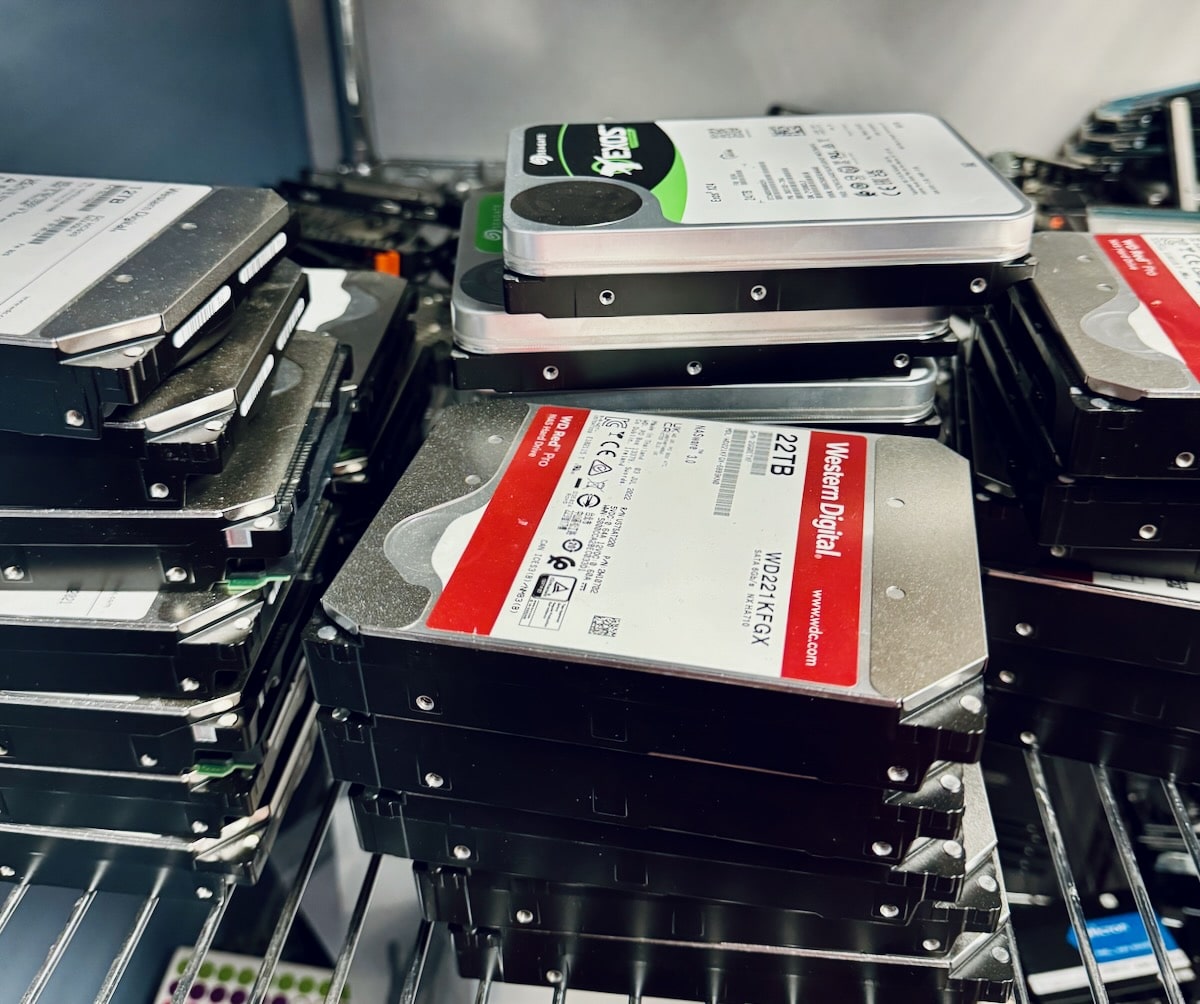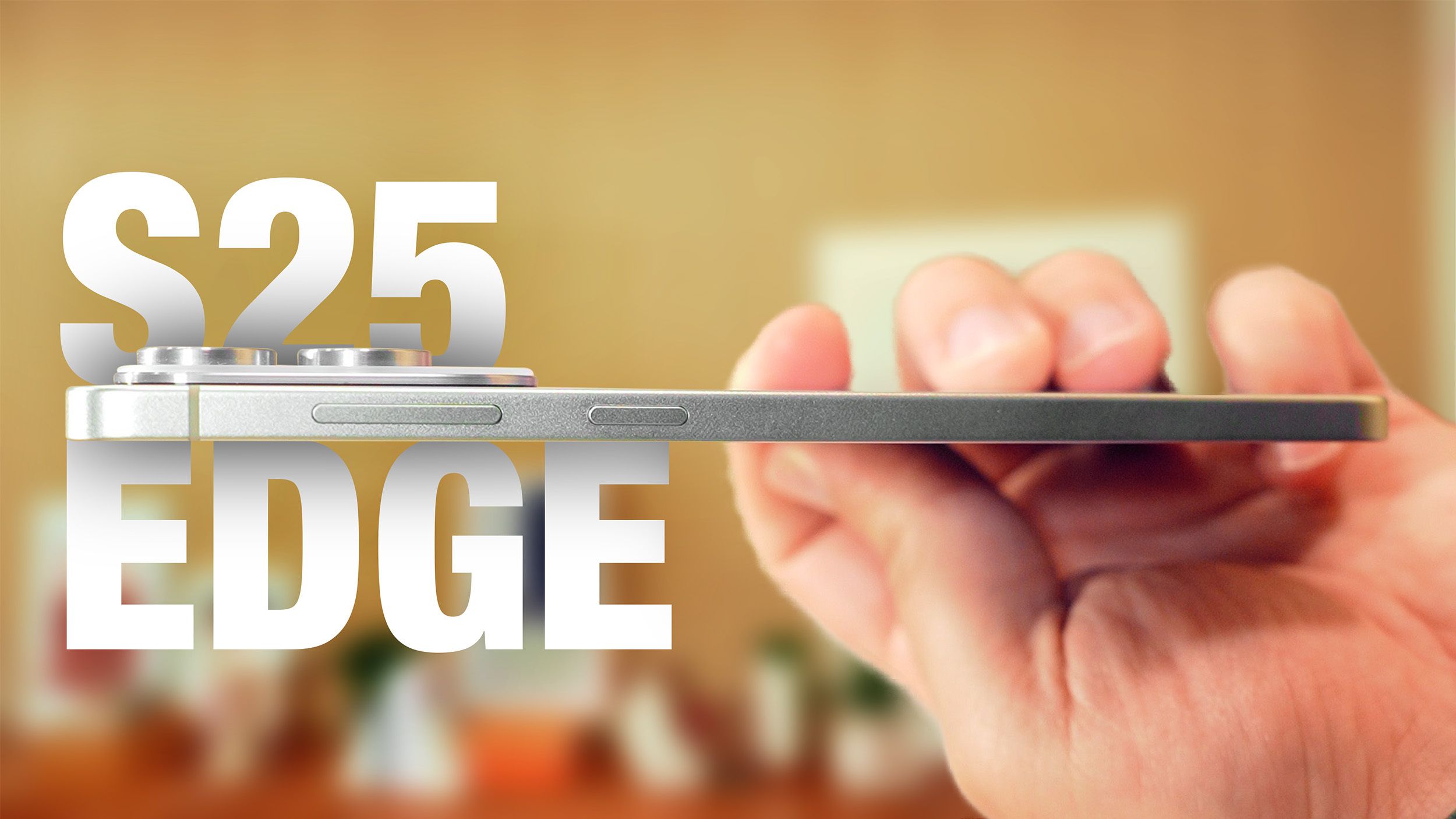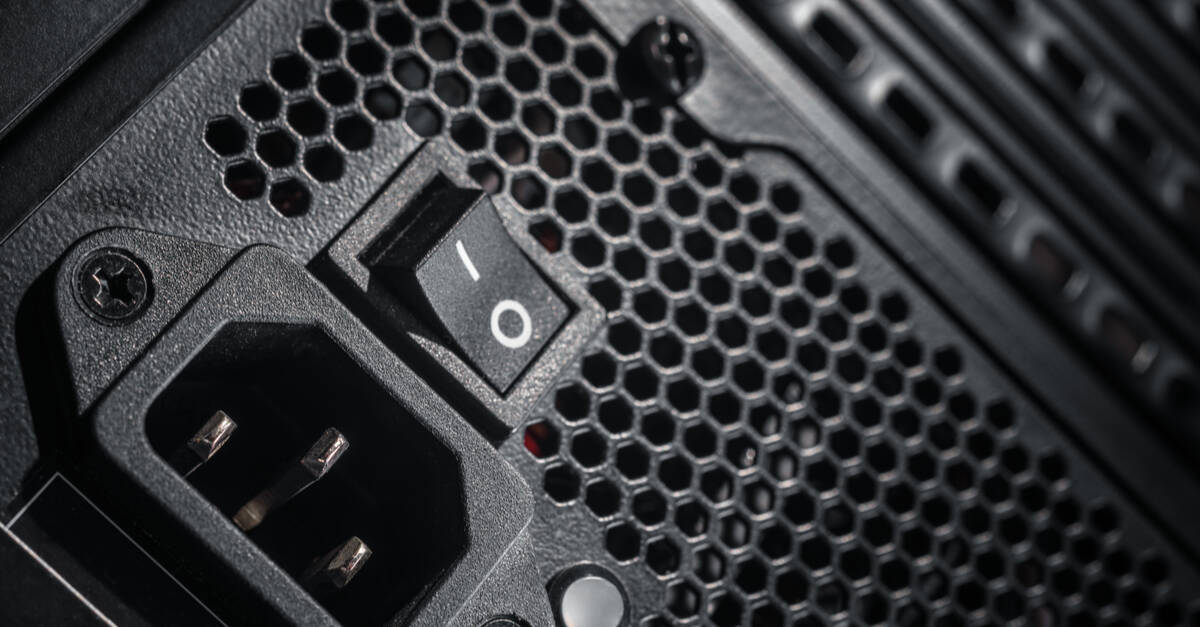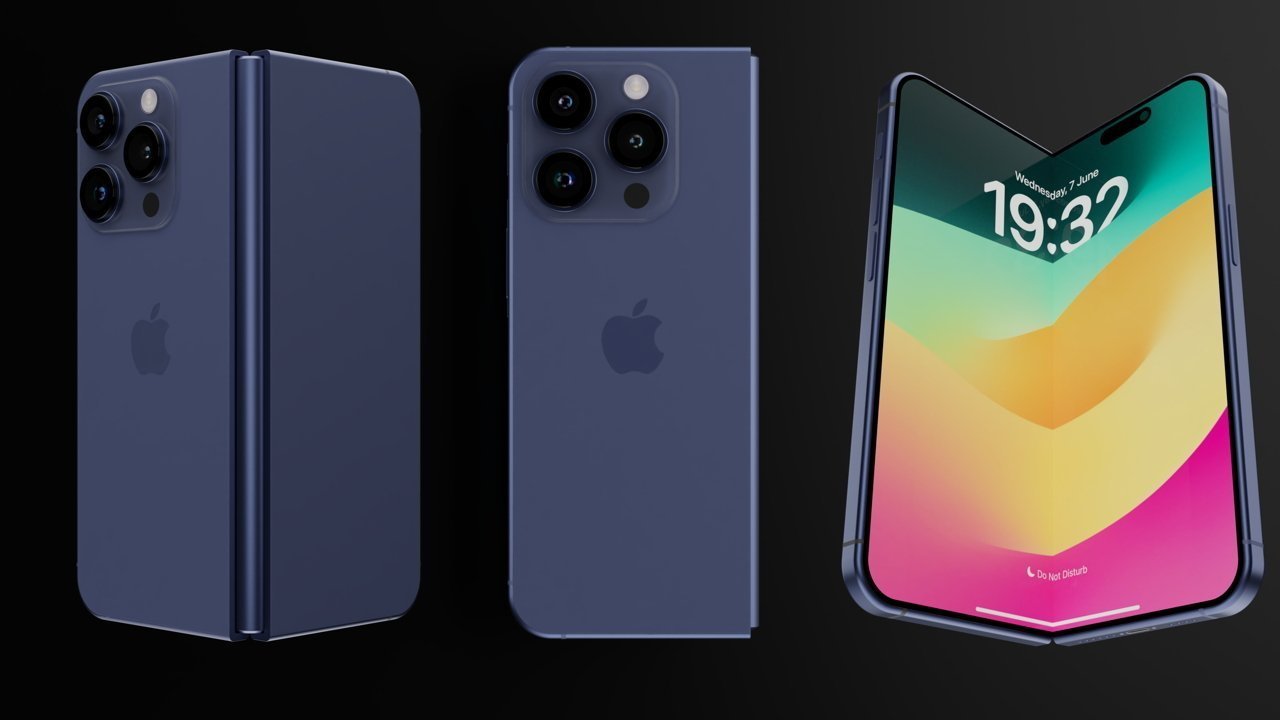
Backblaze, owner of 317,230 HDDs, says HDDs are “lasting longer”
If you’re interested in data storage and hardware reliability, you’ve likely heard of Backblaze, the cloud backup company famous for its transparency about hard drive performance. With a massive fleet of 317,230 HDDs (hard disk drives), Backblaze offers some of the most comprehensive real-world insights into drive longevity. Recently, they reported that their HDDs are “lasting longer” than expected, a revelation that might change how you think about storage investments and drive lifecycle management.
Table of Contents
- Why Backblaze Monitoring Matters
- Key Findings on HDD Longevity
- Factors Contributing to Longer HDD Life
- What This Means for Your Storage Strategy
- Conclusion
- FAQs
Why Backblaze Monitoring Matters
Backblaze is one of the rare companies that openly publish detailed reports on the performance and failure rates of their hard drives. By operating over 317,000 HDDs across multiple data centers, Backblaze gathers vast amounts of data on drive health, failures, and overall longevity. This transparency offers you, the consumer or IT professional, crucial insights into which HDD models are reliable and how long they typically last under heavy workloads.
Unlike laboratory testing, Backblaze’s data reflects real-world usage, making it an invaluable resource to understand the true lifespan of HDDs in large-scale environments.
Key Findings on HDD Longevity
In their latest report, Backblaze reveals that hard drives are lasting significantly longer than the traditionally expected three to five years. Many of their drives continue to operate efficiently well past the five-year mark, with lower annual failure rates than in previous years.
- Failure rates have decreased, especially among newer models.
- Some drives in Backblaze’s fleet have lasted over a decade.
- Improved manufacturing processes and firmware updates contribute to durability.
These findings challenge the common assumption that HDDs are inherently less durable and must frequently be replaced to avoid data loss.
Factors Contributing to Longer HDD Life
Several factors help explain why your HDDs might be lasting longer:
- Improved Build Quality: Hard drive manufacturers continue refining production methods and materials, enhancing the resilience of components.
- Better Firmware and Monitoring: Modern drives incorporate smarter firmware that can detect and correct errors earlier, reducing overall drive failure.
- Environmental Controls: Backblaze’s controlled data center environment maintains optimal temperature and humidity, preventing premature hardware degradation.
- Operational Best Practices: Techniques such as drive rotation, load balancing, and predictive failure analysis prolong HDD health.
Understanding these factors can help you optimize your own storage environment for maximum drive life.
What This Means for Your Storage Strategy
As a user or IT professional, these insights from Backblaze could directly impact how you plan your storage investments:
- Cost Efficiency: Longer-lasting HDDs mean reduced replacement costs and less frequent downtime due to failures.
- Reliability Confidence: You can confidently deploy HDDs in both personal and enterprise settings, knowing that they are more durable than expected.
- Data Protection: While HDDs last longer, it’s critical to maintain regular backups and utilize RAID or other redundancy systems to safeguard your data.
- Informed Purchasing: Use reports like those from Backblaze to select the most reliable brands and models for your storage needs.
Incorporating these findings into your strategy helps you balance cost, performance, and reliability.
Conclusion
Backblaze, the owner of 317,230 HDDs, provides a unique window into hard drive reliability on an unprecedented scale. Their latest reports show HDDs are lasting longer than many experts previously believed, thanks to advances in technology and better operational practices. Whether you’re managing a large data center or just looking after your personal backups, these insights can inform smarter, more cost-effective storage decisions.
For more detailed information and to stay updated on HDD reliability trends, consider visiting the original Backblaze report on Ars Technica.
FAQs
How does Backblaze gather data on so many hard drives?
Backblaze operates large-scale data centers where thousands of hard drives are actively used to store customer data. They continuously monitor drive health metrics such as SMART data, failures, and replacements, aggregating this information to compile comprehensive reports.
Are SSDs better than HDDs for longevity?
Solid State Drives (SSDs) generally offer faster speed and resistance to physical shock but have different wear factors related to flash memory cells. While SSDs excel in many areas, the recent data suggests that HDDs remain very reliable for long-term storage when properly managed.
Should I stop replacing my HDDs after five years?
Not necessarily. While many HDDs are lasting longer, regular maintenance, monitoring, and backups remain essential practices. Consider your drive’s usage and criticality before extending replacement cycles.
Where can I find more HDD reliability data like Backblaze’s?
Besides Backblaze, organizations like StorageReview and manufacturers’ published warranties and reliability statistics can provide useful insights.
Have you experienced longer-lasting HDDs in your personal or professional setup? Share your thoughts or questions in the comments below, and don’t forget to share this article with others looking to optimize their storage solutions!



